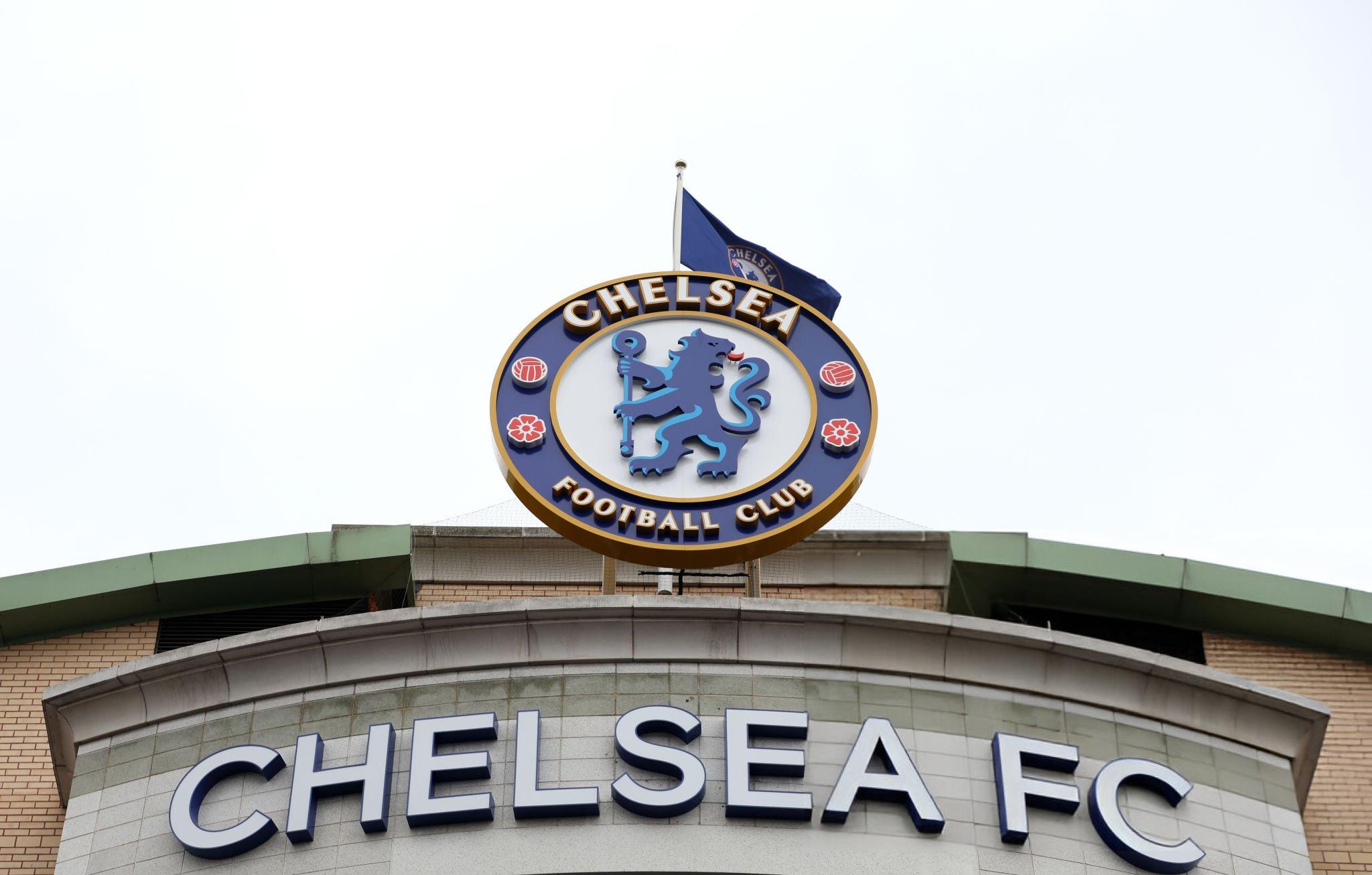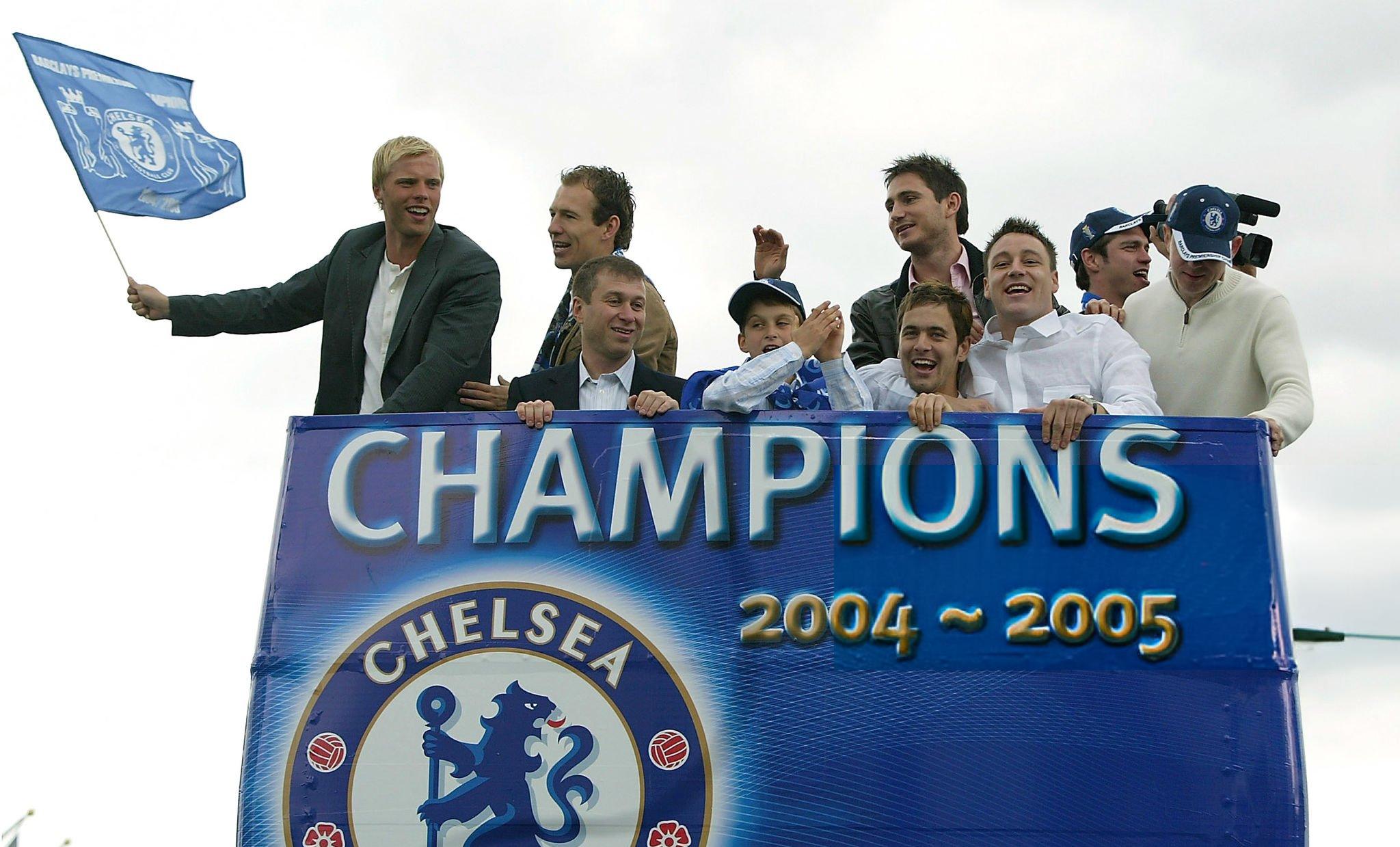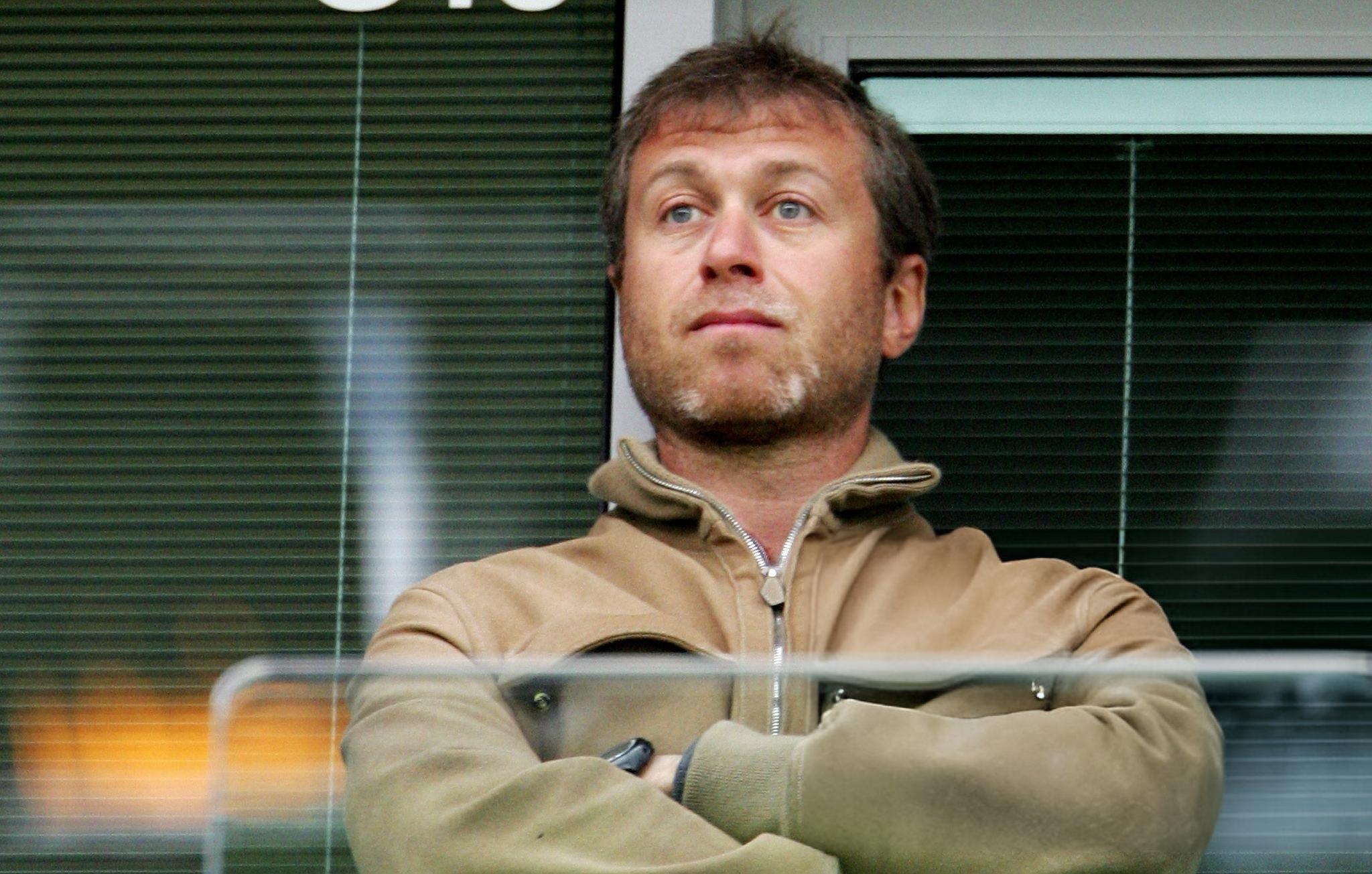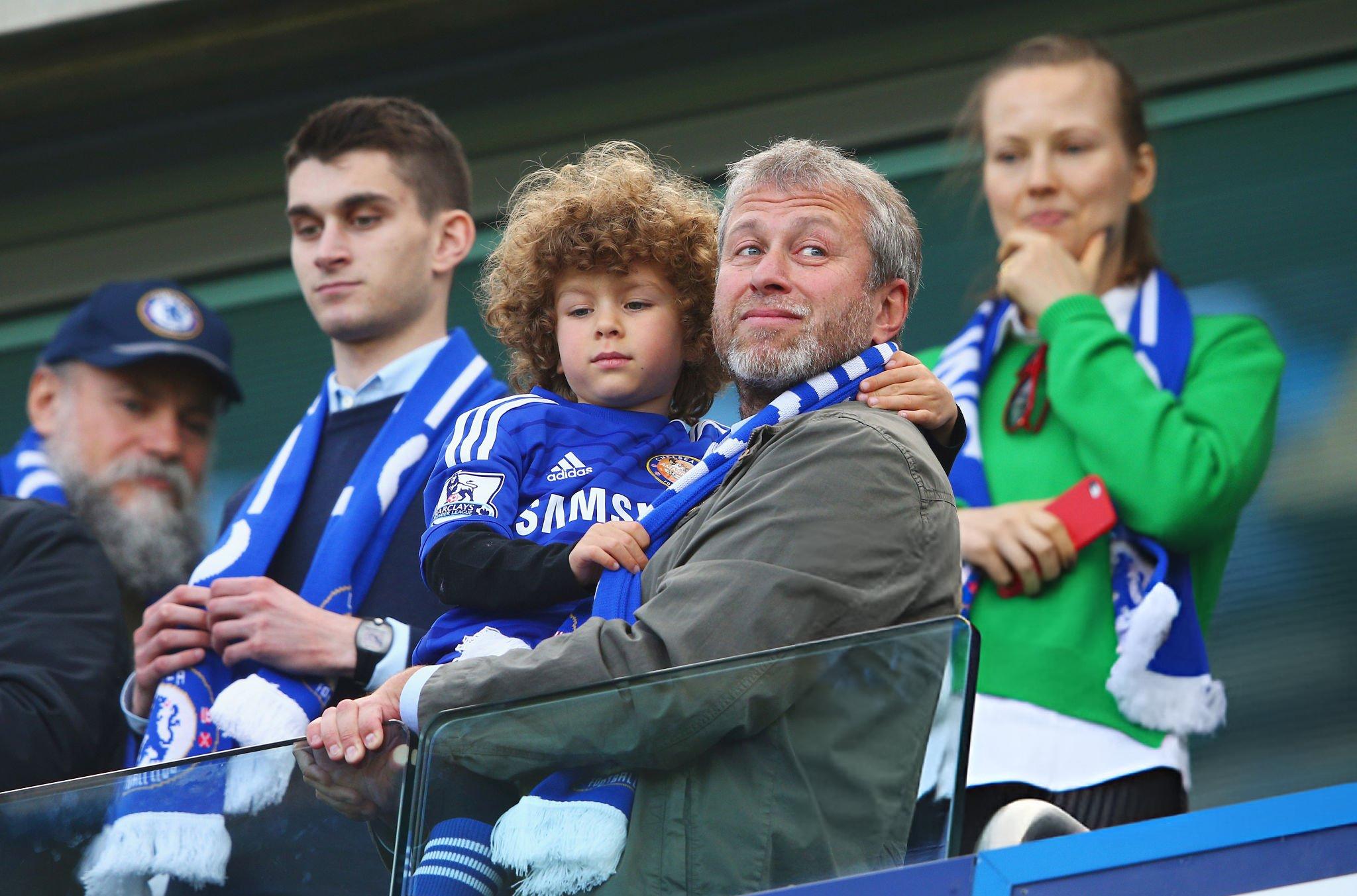
A Reluctant Peacemaker: The First Hours of War and Secret Flights
For fourteen years the owner of Chelsea lived a familiar football routine—signing players, lifting trophies, visiting Stamford Bridge. Everything changed on the morning of 24 February 2022. Within half a day of the outbreak of hostilities between Russia and Ukraine, Abramovich boarded a private jet bound for Poland’s capital, where a series of informal, highly secret meetings between representatives of the opposing sides began.
The Ukrainian delegation saw the Russian billionaire as a potential mediator and, according to eyewitnesses, insisted on his presence at the upcoming round of negotiations in Belarus.
Two swords hung over Abramovich’s head at once. The first was a diplomatic mission offering only a slim chance of rapprochement. The second was the mounting risk surrounding his prime sporting asset. London was already preparing a sanctions package, and Roman had to call long-time acquaintance and Raine co-founder Joe Ravitch for a “Plan B”: what to do if the situation collapsed completely and the club was frozen.
A Chance That Nearly Slipped Away: When Selling Stopped Being Plan B
Ravitch and Abramovich had tested a similar scenario back in 2018 during the Skripal crisis. The prospective buyer then was American businessman Todd Boehly, who had dreamt of owning an English club since attending a Tottenham match four years earlier. Draft contracts stayed in the drawer, and Roman publicly rejected any talk of parting with Chelsea.
In 2022 everything was different. The sanctions agenda hardened by the hour, and the owner called Ravitch again—more than a hundred times in a few days—not for a safety net but for a real deal. Minutes after that first call, Boehly was back in the game; his appetite for the club had certainly not diminished.

The 110 Words That Shook the World: A Statement Handing Over Control
Twenty-four hours before the League Cup final against Liverpool, Chelsea’s press office released a rare statement from the usually silent Roman Abramovich—just 110 words. In it, the owner announced the transfer of day-to-day management to the Chelsea Foundation charitable trust. The move could not stop further asset freezes but did buy time and ease tension ahead of a decisive night at Wembley.
Political-risk analysts wondered whether the board of trustees would truly be independent or if Roman would remain a puppet master. Ukrainian negotiators, meanwhile, hoped that publicly “de-escalating” the club issue would make his mediation easier.
From the Dressing Room to History: Sale News Ninety Minutes Before Kick-Off
On the evening of 2 March Chelsea visited Luton in the FA Cup. Players were still peeling off their warm-up jackets when phones buzzed—Chelsea had been put up for sale. Midfielders stared at defenders, defenders at goalkeepers: no one grasped what tomorrow’s training would look like.
Technical director Petr Čech gathered the whole squad in an improvised briefing room at Kenilworth Road. Players wanted basics: Would they be paid, and who would be their employer tomorrow? Čech had to squeeze maximum optimism from scant facts, while head coach Thomas Tuchel became the lightning rod at the next press conference.
Harsh Restrictions: A Twelve-Week Licence to Live
On 9 March the United Kingdom pressed the sanctions button. Assets—including club accounts—were frozen, yet Chelsea received a special licence valid until 31 May to finish the season. An ordinary sale cycle for a sporting giant takes up to a year; negotiations were now a marathon run at sprint speed.
The home-match budget was capped at £900,000, away trips at £20,000. Ticket sales stopped, club shops closed. Title sponsor Three immediately suspended its deal and demanded its logo be removed before the match against Norwich. Chelsea seriously considered scouring local sports shops for plain blue shirts or taping over the operator’s emblem.

Granovskaia, Čech, Tuchel: Three Pillars of Dressing-Room Calm
Chief executive Marina Granovskaia was home with the flu that day, but on seeing Abramovich’s statement she jumped straight into the process: roughly 280 bids, calls from across the globe, letters from government departments—all landed on her desk. Simultaneously, she bargained with ministers to extend the deadline at least until autumn, but the Cabinet was adamant—May was final.
While Granovskaia and chairman Bruce Buck fought sanctions with diplomacy, Tuchel and Čech kept the dressing room intact. The German coach doused provocative media questions, and the legendary goalkeeper ensured bus drivers knew the routes should the government slash flight budgets at the last minute.
An Auction With No Margin for Error: From 280 Bids to Four Finalists
Raine turned Chelsea into the year’s headline lot—280 potential buyers, including exotic millionaires from Ghana and Turkey. The first sieve left 50 credible candidates, the next 25. By mid-March the bank revealed its quartet of finalists:
- Todd Boehly’s consortium with Clearlake Capital;
- An alliance of former British Airways chairman Martin Broughton and Lord Sebastian Coe;
- A coalition of the Ricketts family (Chicago Cubs) and hedge-fund Citadel;
- A partnership between Boston Celtics co-owner Stephen Pagliuca and investor Larry Tanenbaum.
Each bidder had to buy the shares and guarantee capital investment in Stamford Bridge’s redevelopment.
Back-Room Rounds: How the Ricketts and Ratcliffe Lost Their Chance
The Ricketts’ glossy pitch collapsed when old Islamophobic emails from family patriarch Joe Ricketts surfaced. The consortium withdrew a day before the deadline, and soon another storyline emerged—chemical-industry billionaire Sir Jim Ratcliffe. He missed the submission date but appeared before the club chairman promising “purely British money”. The cheque stayed in his pocket, so Raine politely but firmly rejected the late bid.
On 27 April the bank asked the remaining three to raise their offers by £500 million. Odd, yet understandable given Abramovich’s humanitarian aims. Boehly & Co. accepted without hesitation—their bid won.

The Home Stretch: London Bureaucracy and the Lisbon Surprise
The payment formula looked like a chess problem: £4.25 billion would land in the frozen account of Fordstam Ltd, then move to a future charitable fund run by former UNICEF UK director Mike Penrose. HM Treasury demanded legal proof that the owner would not reclaim the £1.5 billion loan he had once granted the club.
When the deal seemed done, the Portuguese government intervened—Roman held citizenship there via the Sephardic Jews programme. Lisbon suddenly claimed that EU approval was needed. Abramovich’s lawyers cited Brexit, and on 25 May Portugal backed down. Five days remained until the licence expired; on 27 May the final papers were signed, and on 31 May the UK government officially declared: Chelsea was sold.
End Of An Era: New Owners and the Futures of Key Figures
The first call Boehly received after closing the deal was no congratulations: Romelu Lukaku’s agents warned the striker would not play for Chelsea under any manager. The new boss realised instantly—no honeymoon awaited.
Within a month three icons of the Raine era departed:
- Bruce Buck—left the chairman’s seat to Boehly;
- Marina Granovskaia—refused a vague role in the new structure;
- Petr Čech—turned to education, hinting at coaching ambitions.
The club plunged into the transfer whirl of summer 2022, flopped in the 2022/23 season, yet by spring 2025 hoisted its first post-Abramovich trophy—the Europa Conference League—and returned to the Champions League.
Heroes of the old era scattered along different paths. The Ricketts forgot about the Premier League, Broughton consoled himself as partners bought an NFL franchise, Granovskaia battles agent Saif Alrubi in court, Čech attends UEFA coaching master classes.
Roman Abramovich, still persona non grata in the UK, quotes an Eastern proverb with calm: “The dogs bark, but the caravan moves on.” A return to Stamford Bridge’s stands is not ruled out, yet he insists he will never own another club. His new course—supporting academies and helping young footballers, especially those caught between politics and the dream of the big time.
The Deal That Saved the Club
A deal that stretched across three frantic spring months entered history not only for its record price but as proof that football can survive on the brink of a sanctions collapse and still find a path to safety—thanks to perseverance, diplomacy and love of the game, which at times outweighs any geopolitics.





